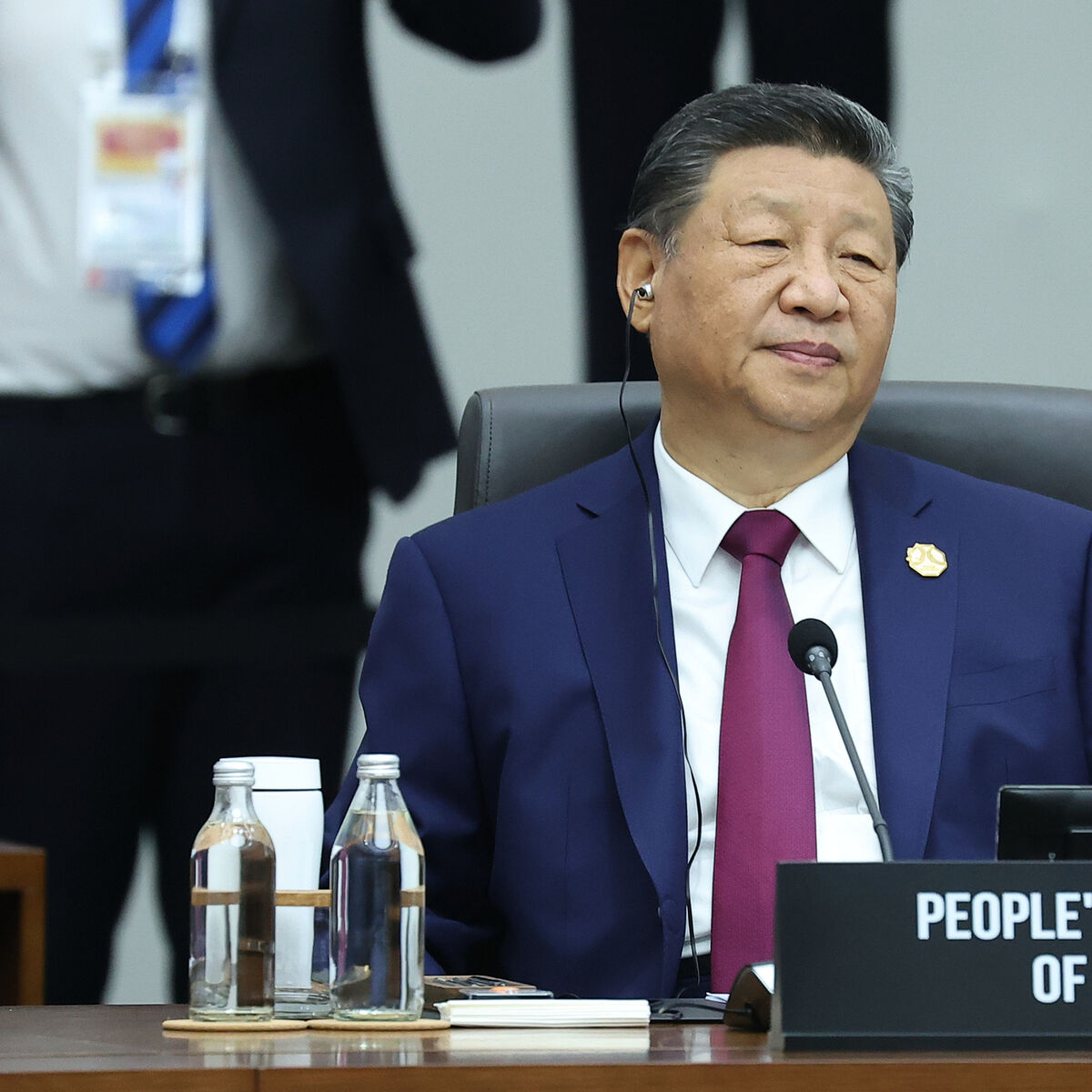Copyright euroweeklynews

Twenty-one European airlines, including Spain’s Volotea and Vueling, have committed to the European Commission and national consumer authorities to cease using misleading claims about the sustainability of their flights. The move follows a complaint filed eighteen months ago by the European consumer organisation BEUC, which accused the carriers of unfair commercial “greenwashing” practices. Specifically, the airlines have agreed to “stop asserting that the CO2 emissions of a specific flight can be neutralised, compensated, or reduced” through direct financial contributions from passengers to environmental projects or for the use of alternative fuels. The scandal involves 21 major carriers, including: Air Baltic, Air Dolomiti, Air France, Austrian Airlines, Brussels Airlines, Eurowings, Easyjet, Finnair, KLM, Lufthansa, Luxair, Norwegian, Ryanair, SAS, SWISS, TAP, Transavia France, Transavia CV, Volotea, Vueling, and Wizz Air, who all offer to reduce their carbon footprint if the passenger pays an extra. Key changes and commitments Following a “dialogue” led by consumer protection authorities in Belgium, the Netherlands, and Spain, the airlines have agreed to several key measures: No Direct Neutralisation Claims: Companies must clarify that CO2 emissions from a specific flight cannot be “neutralised, offset, or reduced directly” through contributions to climate protection projects or alternative aviation fuels. Precise Terminology: The use of the term “sustainable aviation fuels” must be limited to adequately justified clarifications, and airlines must refrain from using vague ecological language or terminology. Transparency on Future Goals: Carriers must provide more detailed information on future environmental claims, such as achieving net-zero greenhouse gas emissions. This information must include clear deadlines, achievable measures, and the types of emissions in question. Clear Emission Calculations: Airlines must ensure that CO2 emission calculations are displayed clearly and transparently, supported by sufficient scientific evidence and information. Consumer group welcomes decision The European consumer organisation BEUC applauded the commitment. Agustín Reyna, its Director-General, described the agreement as “excellent news” because it means the affected airlines accept they must “stop luring consumers with green promises.” “It was high time that airlines stopped presenting flying as a sustainable option. Paying ‘green fares’ to plant trees does not in any way guarantee that aircraft emissions are eliminated from the atmosphere. This lucrative business benefits neither consumers nor the environment,” Reyna added. “Consumers are the firepower of our economy. Time and time again, Europeans have shown their readiness to contribute to a more sustainable and resilient future. It is now important that the industry match these efforts by ensuring transparency and honesty in environmental claims,” said Michael McGrath, Commissioner for Democracy, Justice, the Rule of Law and Consumer Protection National authorities will now be responsible for supervising that the companies comply with the agreed measures within the set deadlines. Claiming a refund from airlines who “greenwash” However, the news from the European Commission that the airlines in question will cease advertising this “green” extra fee is not all good. As the agreement was made out of court, those airlines that have been charging the extra are not obliged automatically to refund passengers who had paid for it. Passengers who paid these fees can initiate a claim based on the recent greenwashing decision. The most effective route is to first send a formal written complaint directly to the airline, citing the European Commission’s finding that the environmental claims were misleading under the Consumer Protection Cooperation (CPC) framework. If the airline rejects the claim, passengers should then escalate the complaint to their national consumer protection authority (like the Directorate General of Consumer Affairs in Spain) or join any potential class action lawsuits being organised by major consumer rights groups (such as OCU in Spain), which are likely to use the EU’s ruling as strong evidence to demand retrospective compensation for misleading commercial practices.



